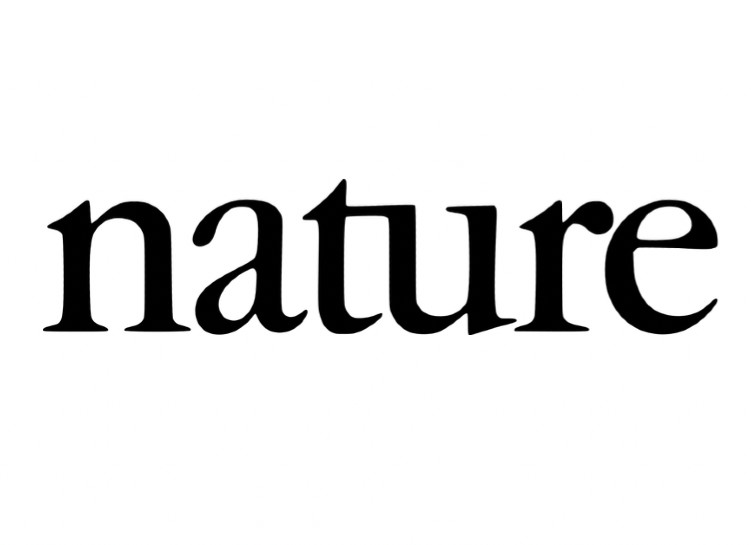The hum of the buzzers can be deafening when an election draws near.
In Indonesia, which will hold a general election on 14 February, a swarm of buzzers — people paid to post large volumes of material on social media — is in full swing. Their aim: to sway the electorate. Amid the digital noise, Ika Idris, a social scientist at Monash University’s Jakarta campus, and her colleagues are trying to track changes in hate speech, as well as the influence of misinformation — such as an artificial intelligence (AI)-generated ‘deepfake’ video, that shows a presidential candidate speaking Chinese, —which would suggest a close alliance with China — on voters.
...
Despite ongoing challenges, the community of researchers trying to assess the impacts of social media on society has continued to grow, says Rebekah Tromble, a political-communication researcher at George Washington University in Washington DC.
And behind the scenes, researchers are exploring different ways of working, says Starbird, such as developing methods to analyse videos shared online and to work around difficulties in accessing data. “We have to learn how to get insights from more limited sets of data,” she says. “And that offers the opportunity for creativity.”
Read the full article in the Nature.


